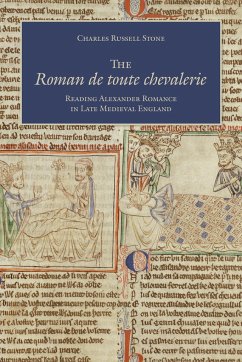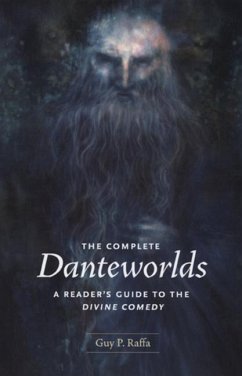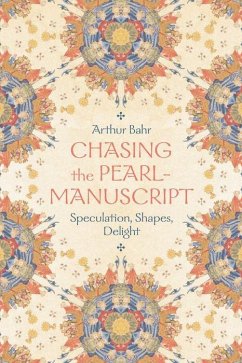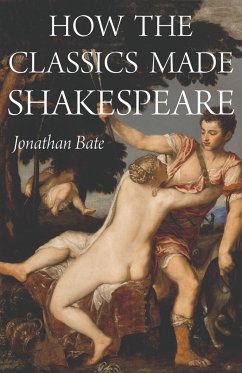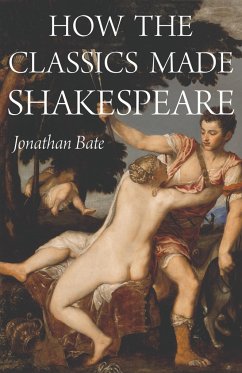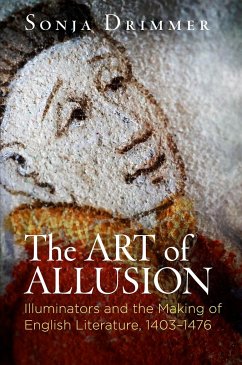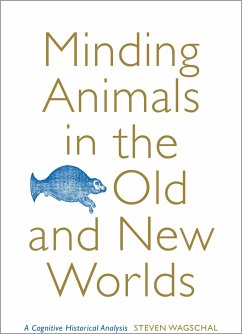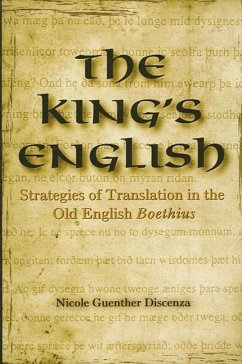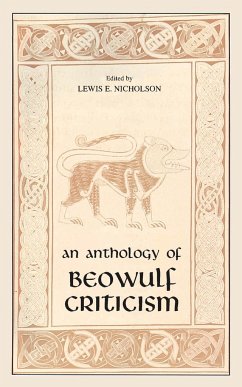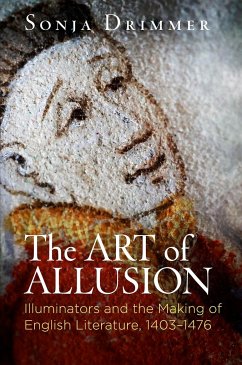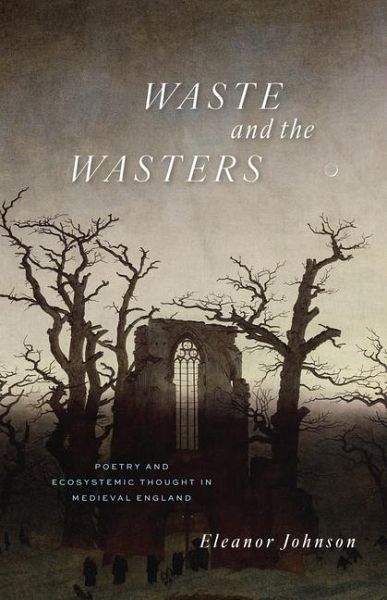
Waste and the Wasters
Poetry and Ecosystemic Thought in Medieval England

PAYBACK Punkte
19 °P sammeln!
"Eleanor Johnson corrects some commonly held (mis)assumptions concerning what the average medieval English person might've thought about what we now call the natural environment or the ecosystem. Reading both well-studied fourteenth- and fifteenth-century works (Sir Gawain and the Green Knight, Pearl, and the Canterbury Tales), and lesser-known ones (Winner and Waster and Mum and the Sothsegger), as well as legal and municipal documents, sermons, moral and penitential tracts, practical and medical guides, plague narratives, and historical chronicles from the period, Johnson describes how poets...
"Eleanor Johnson corrects some commonly held (mis)assumptions concerning what the average medieval English person might've thought about what we now call the natural environment or the ecosystem. Reading both well-studied fourteenth- and fifteenth-century works (Sir Gawain and the Green Knight, Pearl, and the Canterbury Tales), and lesser-known ones (Winner and Waster and Mum and the Sothsegger), as well as legal and municipal documents, sermons, moral and penitential tracts, practical and medical guides, plague narratives, and historical chronicles from the period, Johnson describes how poets used the resources of poetic language-meter, rhyme, alliteration, metaphor, simile, personification, characterization, plot, dramatic staging, repetition, and other literary devices-to think and feel their way into the problems of ecological peril, even though they lacked the science and scientific vocabulary we have today. Johnson explores how these writers combined multiple discourses from their particular, if narrow, vantage point to comment on ecological disasters, inventing their own "ecosystemic" language and commentary. As Johnson reminds us, the English Middle Ages had their share of environmental problems-air pollution, soil depletion, deforestation, Little Ice Ages, famines, and plagues-similar to the ones we face in the twenty-first century. Focusing on the word "waste" in its original usage across various texts, ranging from the literary to the legal, from the theological to the psychological, Johnson puts twenty-first-century concerned citizens in touch with kindred spirits in medieval England, fully aware of-and interested in-how human (mis)behavior might be connected to the natural world; how resource allocation, use, and pollution by one person might affect another; how environmental damage was linked to urbanization; and how one person's choices might affect the next generation. The book will be read primarily by those interested in medieval English literature, medieval historians, and literary scholars working in later periods, but Johnson also invites conversation with anyone working more broadly in the environmental humanities today"--




